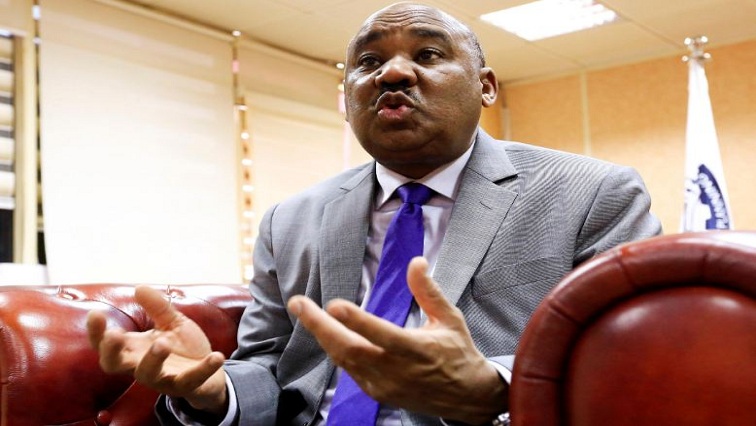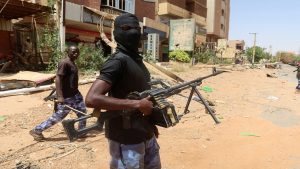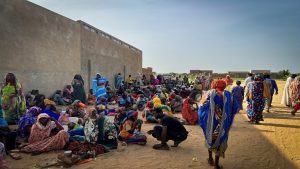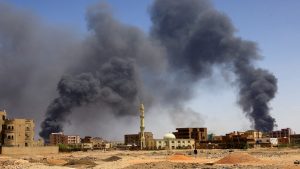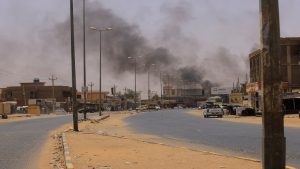Sudan needs up to $5 billion in budget support to avert economic collapse and launch reforms after the ouster of veteran ruler Omar al-Bashir, its finance minister told Reuters.
The country, in crisis since losing most of its oil wealth with South Sudan’s secession in 2011, has only enough foreign currency reserves to fund imports for a few weeks, said Ibrahim Elbadawi, part of a transitional government formed in August.
But some Sudanese citizens expressed discontent at the economic conditions, saying that the regime change has not yet fulfilled their demands to improve the economy.
“The situation is worse. People are standing in line for bread, to eat lunch and they cannot find any,” Khartoum resident, Awad Ali, said.
Sudan has had some support for fuel and wheat imports but about 65% of its 44 million people live in poverty and it needs up to $2 billion in development funding along with a hoped-for $2 billion from Arab development funds, he said.
Outlining reform plans in detail for the first time, Elbadawi said public salaries would need to be increased and a social support network established to prepare for the painful removal of fuel and food subsidies.
Months of demonstrations over price hikes for fuel and bread and cash shortages triggered the uprising against Bashir, who was toppled in April by the military. Protests have continued since, with people killed in clashes with security forces.
“Now we have a revolution,” Elbadawi said. Asked how much budget support was needed for 2020 he said: “Some estimates say between $3 to $4 billion, maybe even $5 billion.”
The civilian government Elbadawi is part of has taken over for three years under a power-sharing deal with the military. It has drawn slightly more than half of $3 billion in support for imports of wheat and fuel offered by Saudi Arabia and United Arab Emirates in April, he said.
A “friends of Sudan” donor meeting is planned for December and the government had agreed with the United States it could start engaging with international institutions while still on a list of countries deemed sponsors of terrorism, Elbadawi said.
The designation, which dates from allegations in 1993 that Bashir’s Islamist government supported terrorism, makes it technically ineligible for debt relief and financing from the IMF and World Bank. Congress needs to approve a removal.


